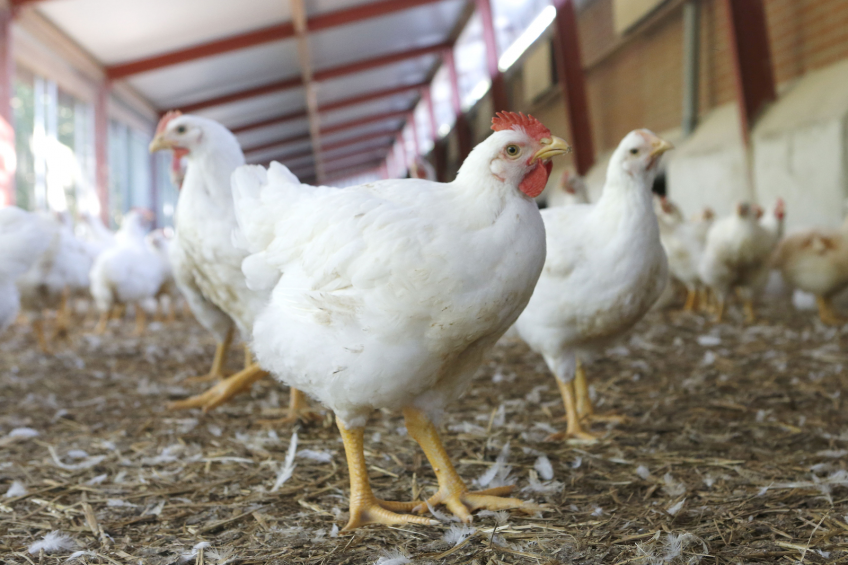New case of AI H7N7 in England

A new case of high-pathogen H7N7 avian influenza has been found on a poultry farm in Preston in the northwest of England, the first of such discoveries since the Spring. The Animal and Plant Health Agency APHA has confirmed that the strain is H7N7. Culling of all 120,000 colony birds and 50,000 free range chicken began over the weekend but was still under way on Monday morning.
Around the farm, a 10 kilometre surveillance zone and an inner 3 kilometre protection zone have been imposed. All poultry farms within the 10 kilometre surveillance zone around the affected premises are not allowed to move poultry, other birds or eggs. So far, no further infections have been found.
The authorities were informed by Staveley Eggs, the owner of the plant, after mortality had reached 20% in some of the free-range sheds, and 5% in the colony unit.
Swift precautionary action taken to limit AI
“We have a strong track record of controlling and eliminating previous outbreaks of avian flu in the UK. The outbreaks in Yorkshire last year and Hampshire in February were both successfully contained, allowing restrictions to be lifted at the earliest opportunity,” chief vet Nigel Gibbens said. “We have taken swift precautionary action to limit the risk of disease spreading. These measures to control the movement of poultry and humanely cull birds at the farm are part of our tried and tested approach to deal with such incidents.”
LPAI confirmed on UK poultry farm
UK government body, Defra, has confirmed that low pathogenic avian influenza (LPAI) has been detected on a broiler breeder farm in Hampshire, England.
Call for all birds to be housed in 50 km zone
The British Free Range Egg Producers’ Association (Bfrepa) has called for the chief vet to initiate a housing order for all birds in the region. “We would like all birds within a 50 km zone at least to be housed,” policy director Robert Gooch told Farmers Weekly. “That would probably cover the whole of the north west. We would urge all producers to look carefully at their bio-security.”













